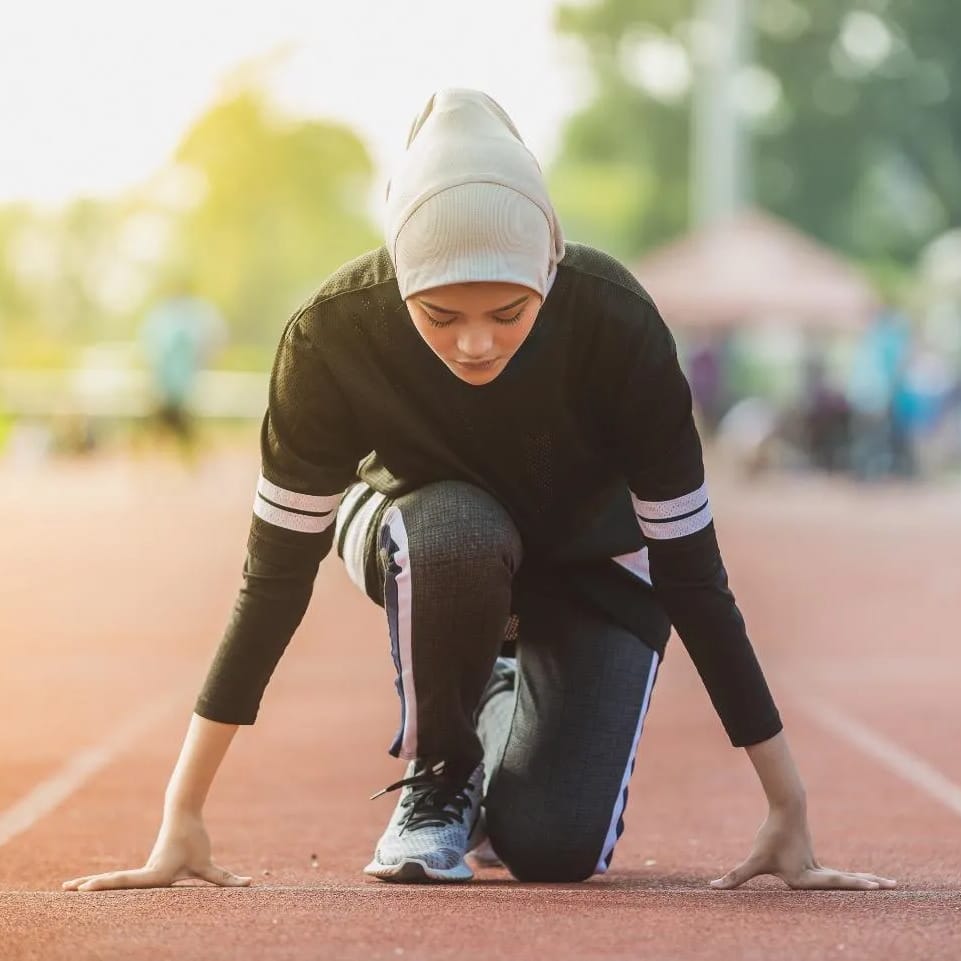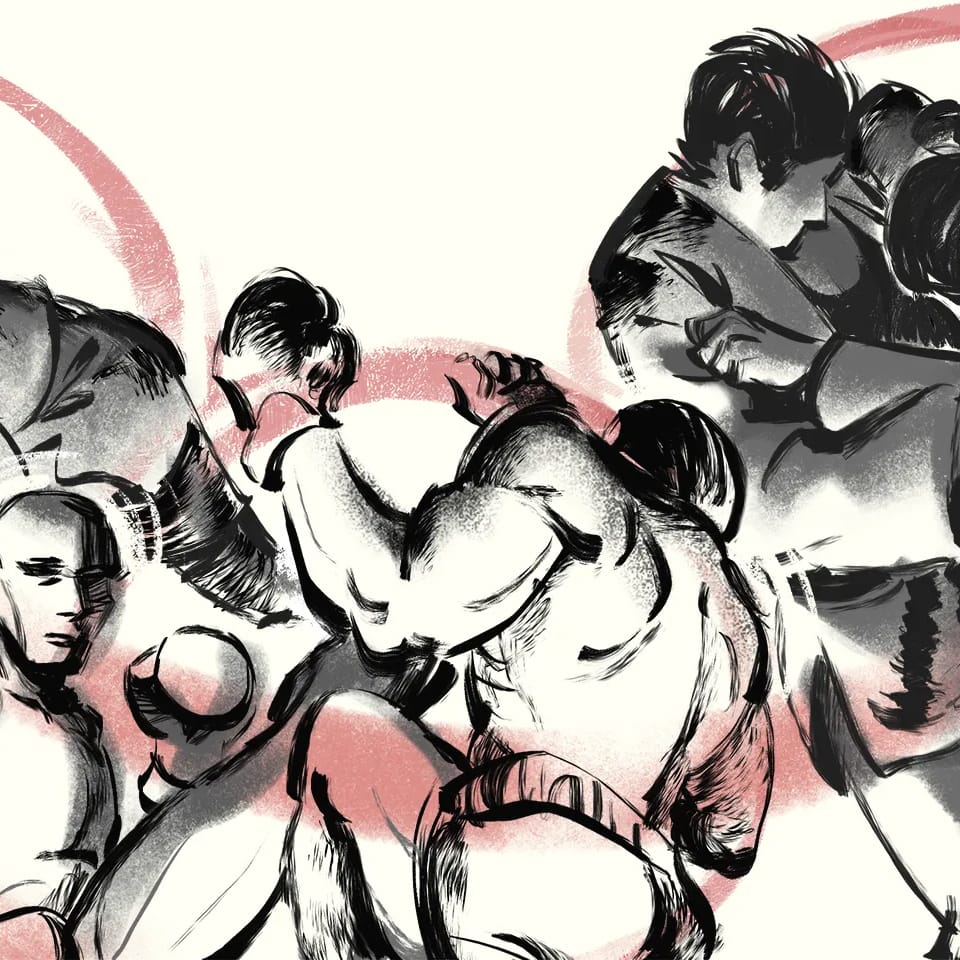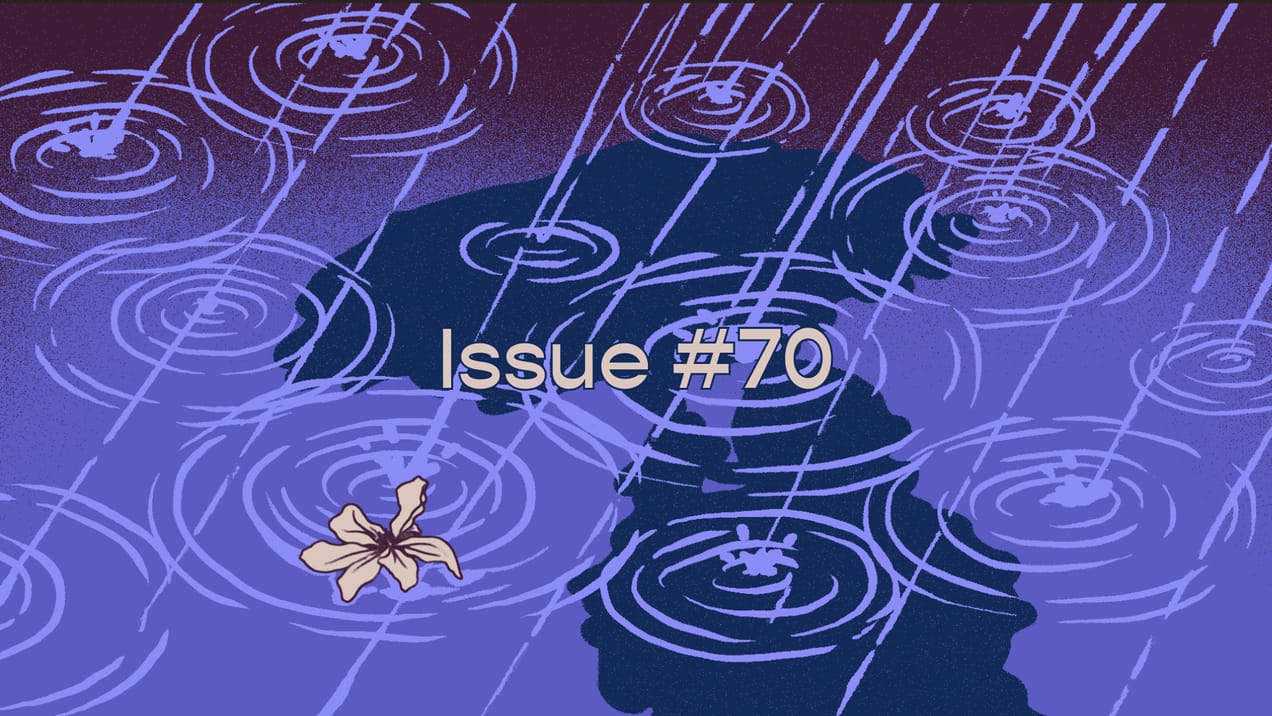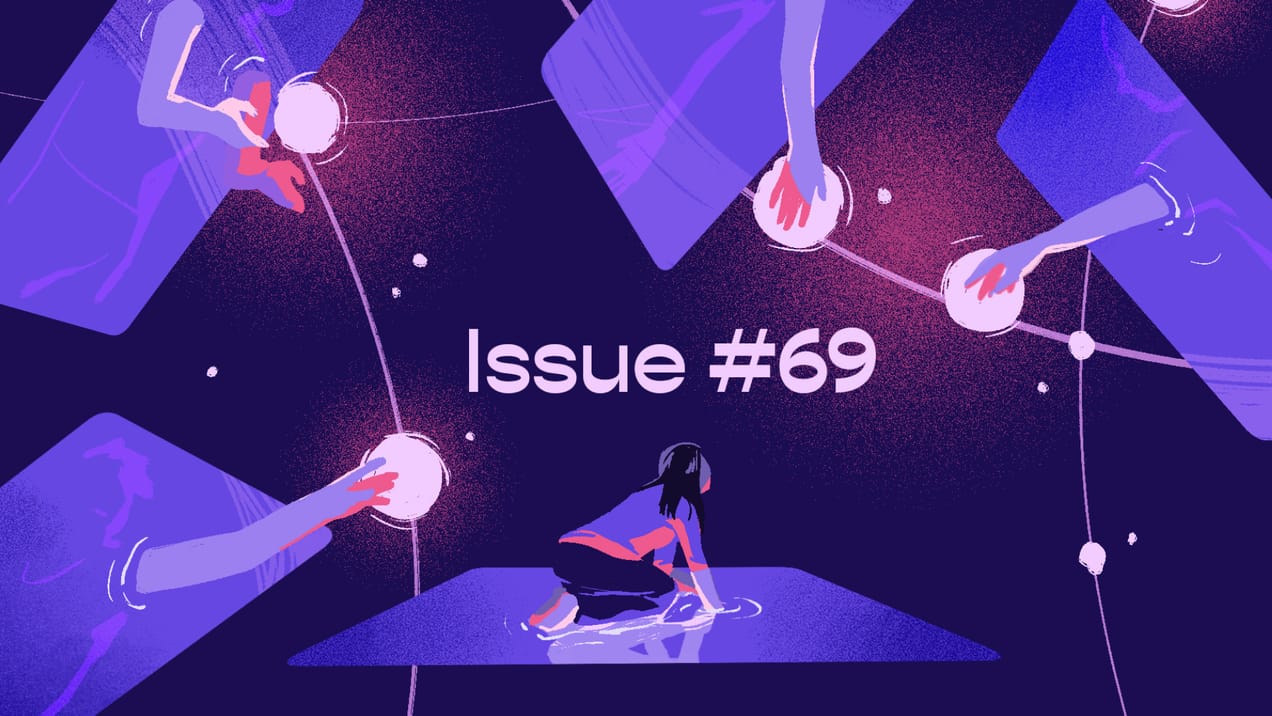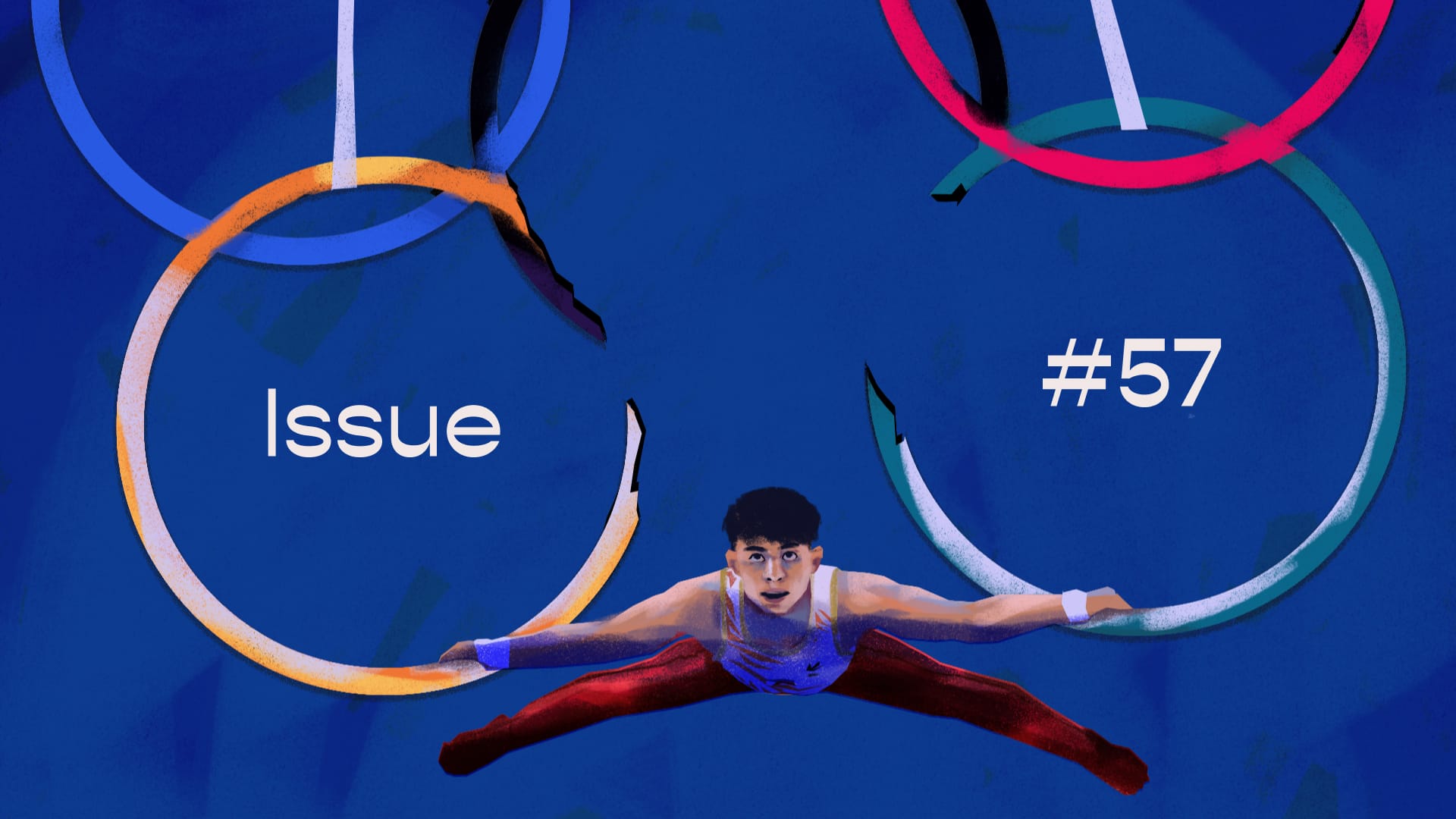
Don’t call us the underdogs — issue #57
2022, Doha Airport. I am catching a flight back to Singapore, but there are other pressing matters in the transit area. Morocco is playing Portugal for a spot in the World Cup semi-finals, and is one goal up at the 90th minute. Behind me, an Arab auntie is saying a silent prayer. A man chants the country’s nickname: “Al Maghreb! Al Maghreb!” The final whistle goes, and everyone explodes in celebration.
Back in Singapore, our team had published a microstory on the World Cup titled Rise of the underdogs, inspired by the victories of the African, Asian, and Arab countries—the global majority. We wrote: “For countries that have traditionally felt overlooked, misunderstood, or even villainised by the dominant narrative, this power feels overdue.”
Yet, that sense of power and pride doesn’t always last. Maybe that’s why we used the label “underdog”. No one thinks the underdog will win. The painful truth is that the underdog has less power, money, and capital compared to the top dogs—USA spent USD2.3 million in 2023 on their Olympics gymnasts alone, while the Philippines’ entire Olympics budget was USD2.8 million.
But the recent Summer Olympics flipped the narrative for me. In Paris, Asia won 97 gold medals, with China, Japan, and South Korea in the top 10 of the global medals table (we explore more in this week’s Kawan article). The success stories from the global South were inspiring and epic: Algerian boxer Imane Khelif and Korean sharp shooter Kim Ye-Ji left a particularly strong impression.
Of course, the Olympics are not without controversy. Its French founder was a self-professed “fanatical colonialist”, considering sports a way to discipline the colonised. He wrote: “Races have different values, and to the white race, of superior essence, all others must pledge allegiance.”
Today’s Olympics are more egalitarian—women have been allowed to compete since 1900—but there is still an undercurrent of hypocrisy. As we cheered on Palestine’s contingent of eight athletes, it is hard to ignore the atrocities still happening in Gaza.
It’s not perfect, but I still see the value of rallying behind our sporting heroes. After all, they are our future—Singapore’s bronze medalist Max Maeder is said to be humble and mature beyond his 17 years, while swimmer Yip Pin Xiu continues to dominate the Paralympics year after year—and they represent hope.
As we gear up for future sporting events, I’ve found myself thinking: We can be the heavyweights. We are the heavyweights. The world better get ready—we’re just getting started.

As our readers, you get to enjoy a special 20% discount (enter promo code “WORKSHOP20”). Sign up now and elevate your data storytelling skills!
more from us...
As seen at this year’s Paris Olympics, discrimination has not stopped female Muslim athletes from more competing in the hijab.
Pop culture tropes oversimplify the shared histories and diversity of Asian martial arts.
Kawan Special
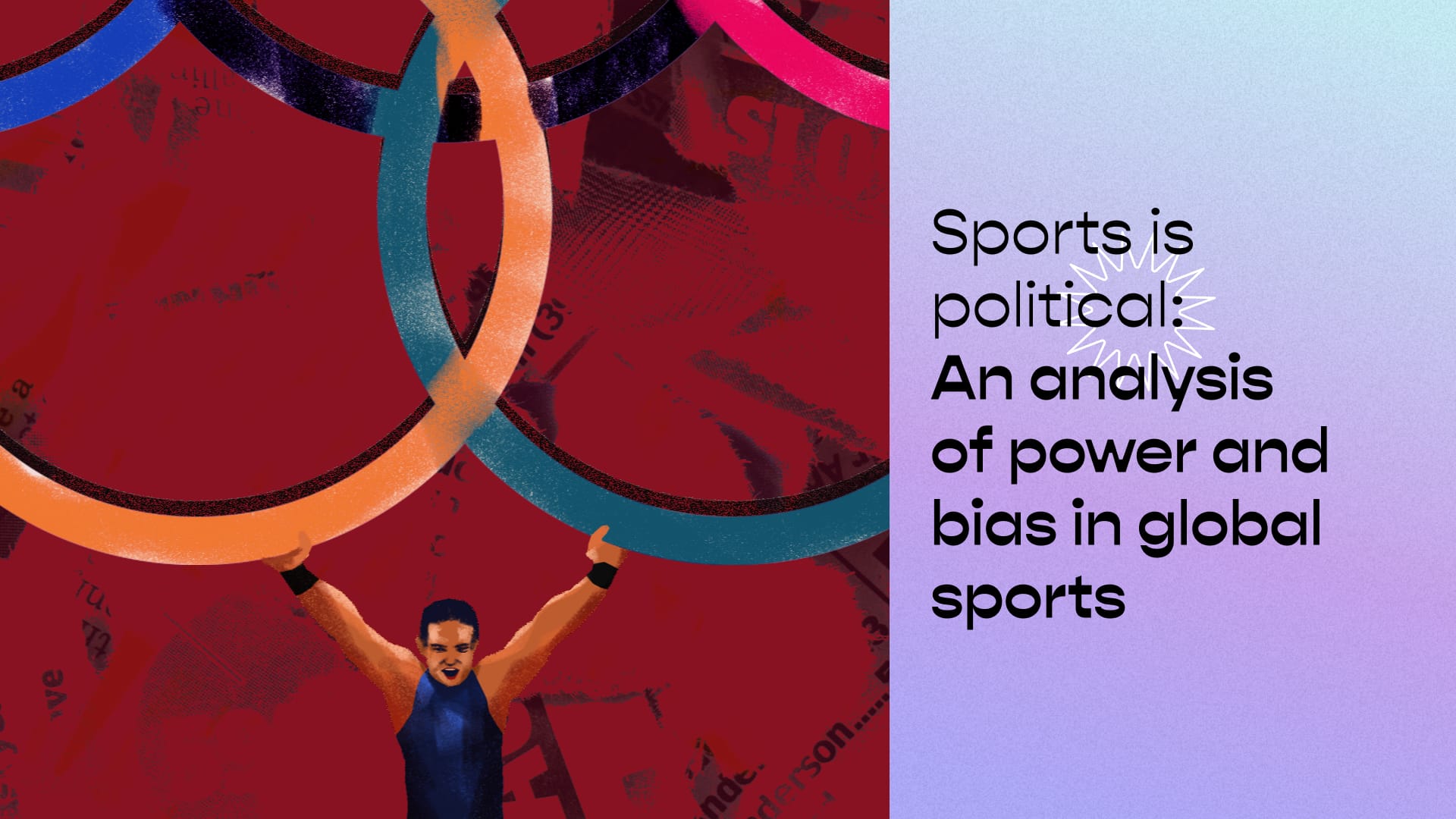
Munirah and Zafirah reflect on how the Olympics is colonial by design. Beatrice Go, the writer of our microstory on the power play of the SEA Games, joins them to take stock of Asia’s wins amidst the politics of international sports.

What was it like for an Asian student coming from America, to see Asia with fresh eyes? Our editorial intern, Heather Wang, reflects on how colonial legacy shaped her perceptions of language and data, and the importance of humanising numbers.
Stuff we love
↗ Find out about the roots of mixed martial arts in Hong Kong’s street fights, influenced by legendary martial artist Bruce Lee.
↗ Learn about the intricacies of each Olympic sport through these illustrated explainers.
↗ Explore Nadieh Bremer’s Olympic feathers , an interactive data visualisation that shows the history of Olympics medals since 1896.
↗ How are the Paralympics games organised and what does each class tell us about the athletes?
Did you know?
Tug-of-war, the spiritual sports of camaraderie
Tug-of-war, the spiritual sports of camaraderie
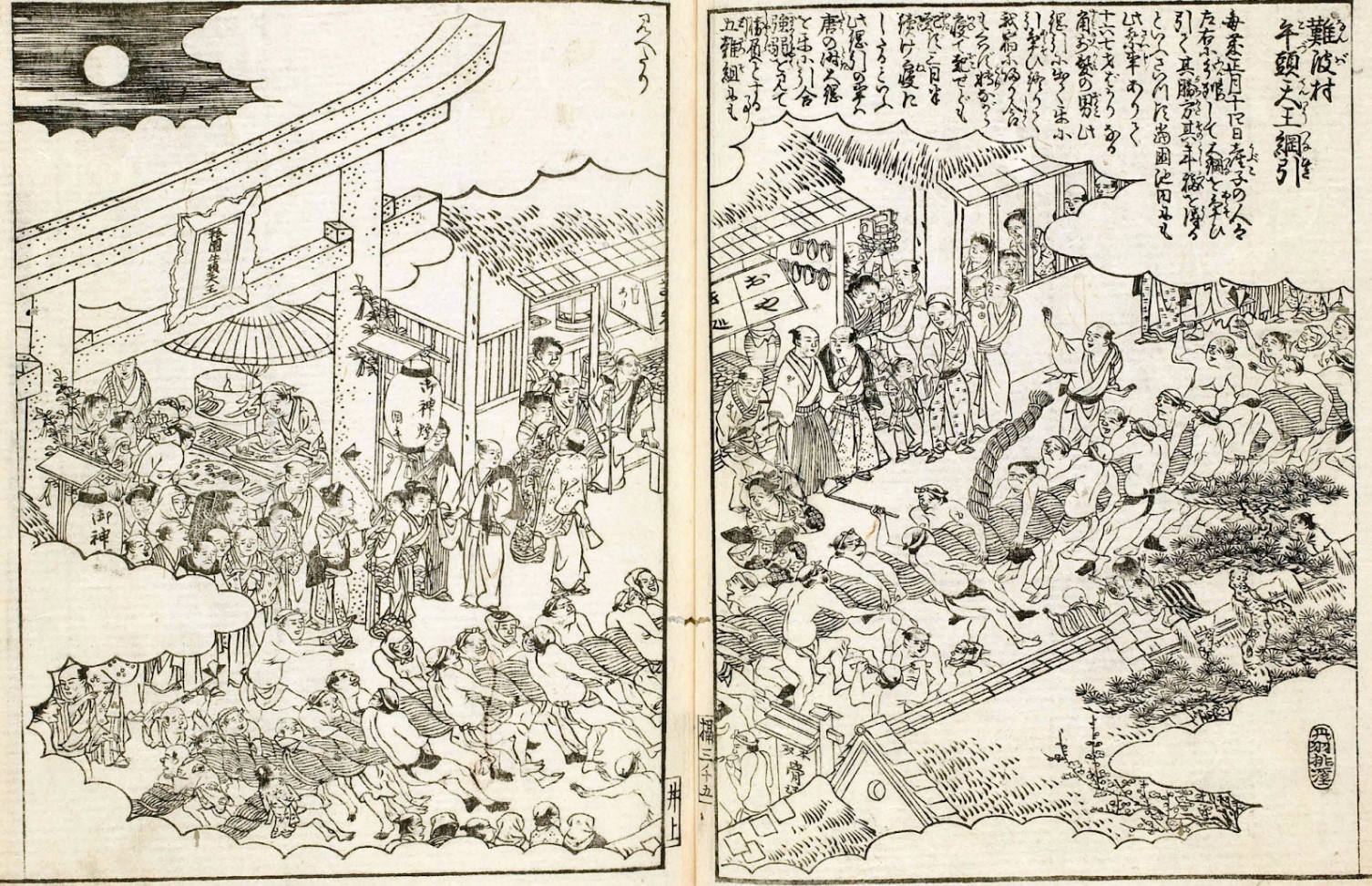
Across East and Southeast Asia, tug-of-war rituals and games are played as a way to gather and usher in bountiful harvests. These events typically mark the beginning of a new agricultural season and foster social bonds. Many of these games also hold spiritual meaning. Two separate teams pull on opposite ends of a rope, not to win but to symbolise cooperation and community well-being. The non-competitive nature of these games highlights their true purpose: to strengthen unity, uphold tradition, and remind everyone of the importance of working together.

